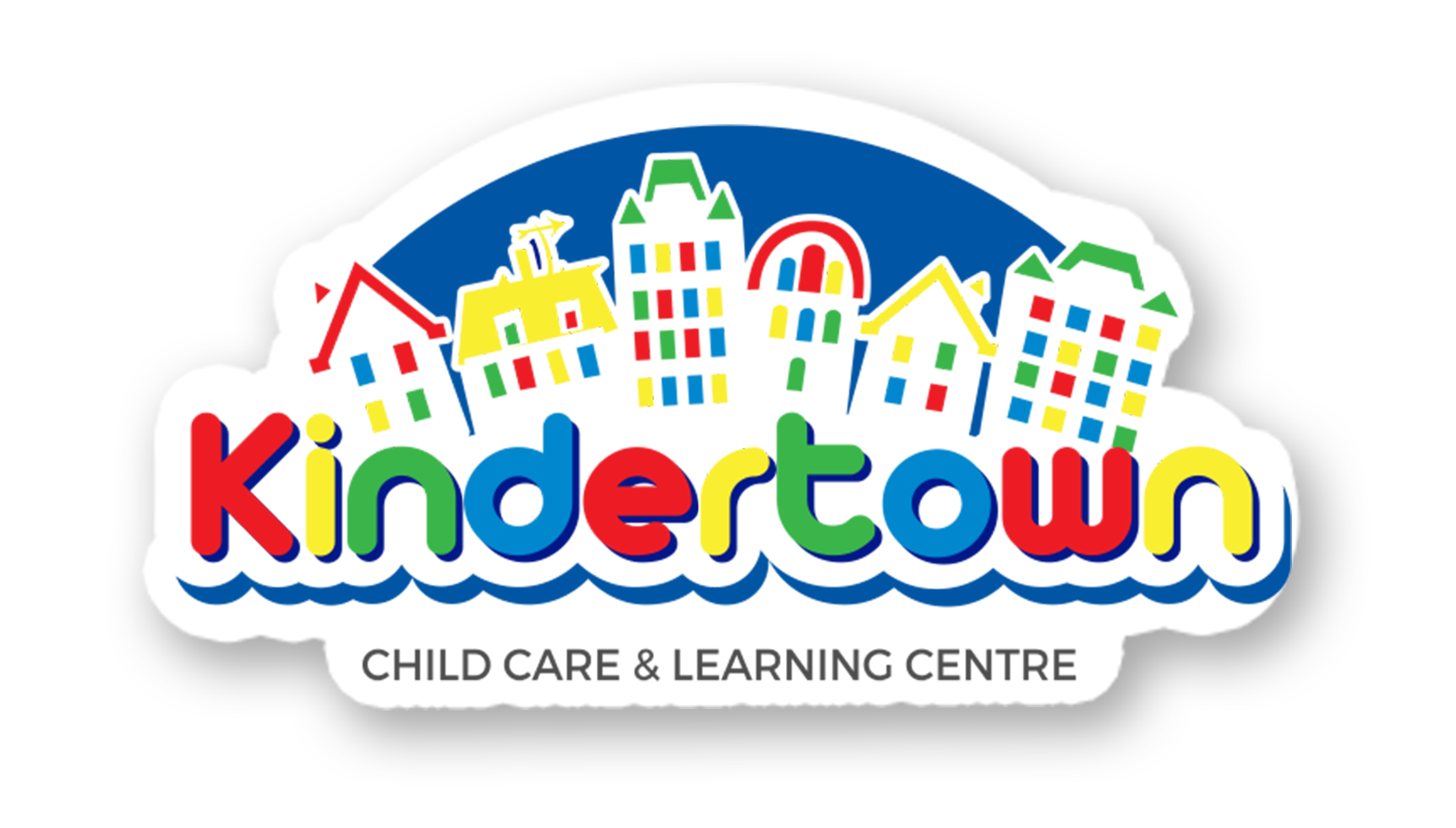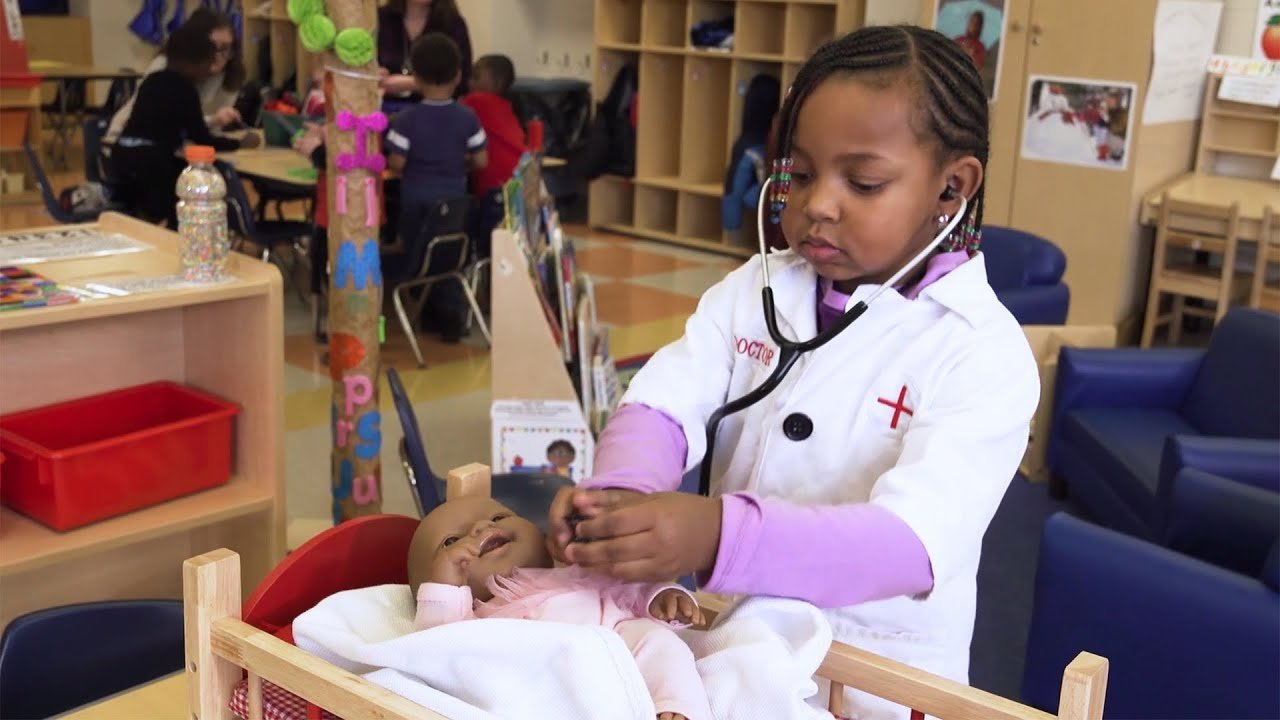Why Dramatic Play Matters
Dramatic play is a valuable component of early learning programs and considered an essential part of emergent programming, which is child-led and encourages children to explore their interests and curiosities. This approach to learning recognizes that children learn best through hands-on, active exploration, and dramatic play is an effective way to support this process.
Dramatic play allows children to engage in imaginative and creative play, which is important for their social, emotional, and cognitive development. Through role-playing and make-believe, children are able to explore different scenarios, take on different roles and perspectives, and work through emotions and conflicts. This type of play can also help children to develop their empathy and understanding of others, as they take on different roles and learn to work together with others.
Dramatic play can also support children's language development, as they engage in conversations, negotiate roles and situations, and practice expressing their thoughts and ideas. Through storytelling, children can also practice sequencing and story structure, which are important pre-literacy skills.In addition, dramatic play can support children's fine and gross motor development, as they engage in physical play and use their bodies in different ways. This type of play can also support children's problem-solving skills and critical thinking, as they work through obstacles and challenges in their play.
Teachers can provide a variety of materials and props to support children's play, but ultimately it is the children who guide the direction and focus of the play. This approach to learning allows children to develop their autonomy and agency, which can support their overall development and sense of self. Through imaginative and creative play, children can develop their social, emotional, cognitive, and language skills, as well as their fine and gross motor skills and problem-solving abilities. By providing opportunities for children to lead their own learning, teachers can support children's autonomy and agency, and help them to develop a lifelong love of learning.

